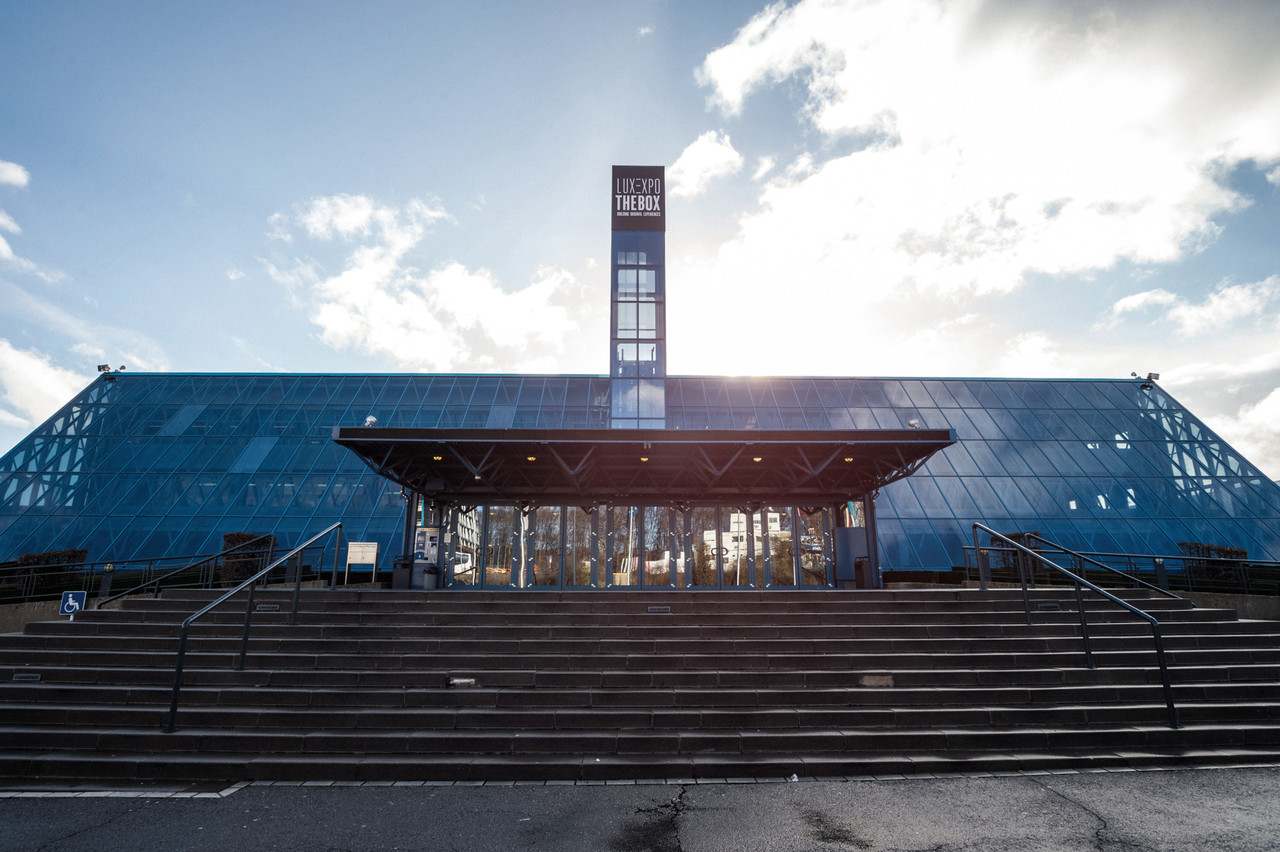An additional hall has been made available to help welcome refugees, Polfer (DP) explained, but this will need to be vacated as Luxembourg is finding solutions to accommodate the influx of refugees from Ukraine. One hall previously used to welcome refugees will remain open.
“We are ready,” Polfer said. The city has rented the Graace hotel in Bonnevoie to house refugees from 1 April, with 28 rooms available. A former Creos office in Hollerich has been converted into a shelter with the possibility to also set up a welcome centre at the former fire station on Route d’Arlon.
The City of Luxembourg is in discussions with national welcome office ONA, which manages the centres. The city also owns several flats, which it keeps vacant for emergencies, but Polfer said these would “in no way be enough.”
The commune of Contern meanwhile is readying a facility that should be able to accommodate up to 1,000 refugees. “In the whole country, there are structures,” Polfer said, and people might have to be moved between communes.
Lawmakers from the Pirate Party had criticised the fact that asylum seekers from other countries were moved from Kirchberg to a homeless shelter in Findel last week to make room for the refugees from Ukraine.
Cost of living subsidy
The next few weeks would offer more clarity, Polfer said, also to establish schooling and childcare needs of the families who have arrived and will stay in Luxembourg City for the time being. “This is being looked at with all our departments,” Polfer said, adding that one of the options the city is exploring is working with refugees who have training in education.
Since Russia launched its invasion of Ukraine on 24 February, more than two million people have fled the country. Around 2,900 have made their way to Luxembourg in the last three weeks. For the entire year 2015--at the height of the Syrian refugee crisis--Luxembourg welcomed 2,447 asylum seekers.
The foreign ministry this week urged private individuals not to bring large groups of refugees to Luxembourg without having organised private accommodation as the country is working on setting up the necessary infrastructure.
Polfer said there is no knowing how many more refugees would arrive or how long the war would last. “Most have only one wish--to go back home,” she said of the refugees. But what home will be left to go to is uncertain. “It is a very sad situation.”
As the war has caused energy prices to skyrocket, Polfer said that the city also wants to show solidarity with its residents. The capital will be spending more than €2.7m on increasing a cost-of-living benefit for low-income households as well as introducing a new energy benefit. More than 3,000 households currently receive the so-called “allocation de solidarité”, more than half of them live alone.
François Benoy (déi Gréng) who sits on the Luxembourg City council last week in parliament had urged other communes to also increase their benefits for low-income families. But Marc Goergen (Pirate Party) warned that this risked inequalities as richer communes would be able to provide more help than those with smaller budgets.
The government has increased a state benefit to low-income families but is waiting to announce any further measures until after a meeting with employees and employer groups. A date for this meeting has not yet been set.
This article has been updated to clarify that some space will remain available at Luxexpo but that only additional capacity provided this month will need to be vacated.
